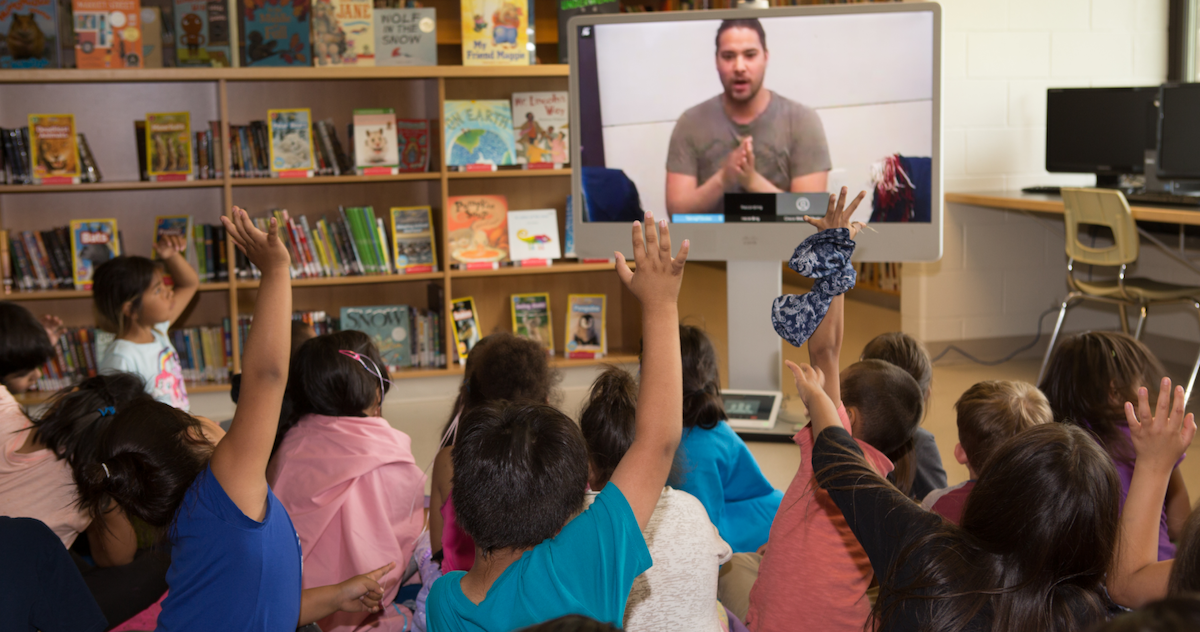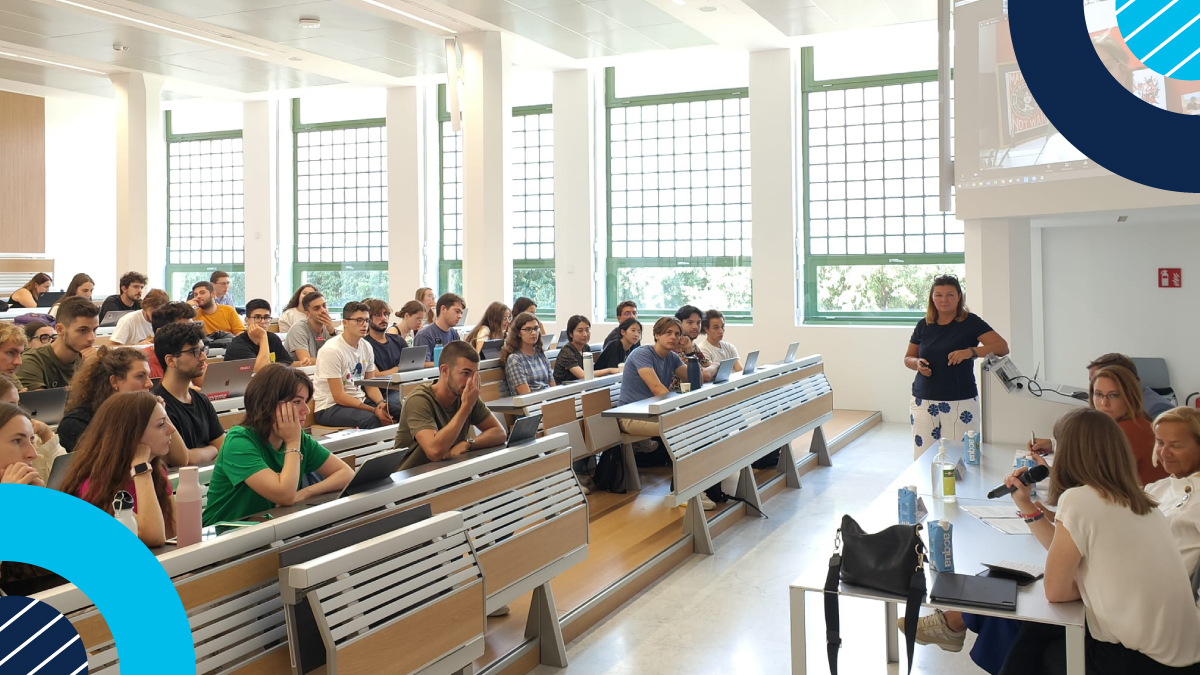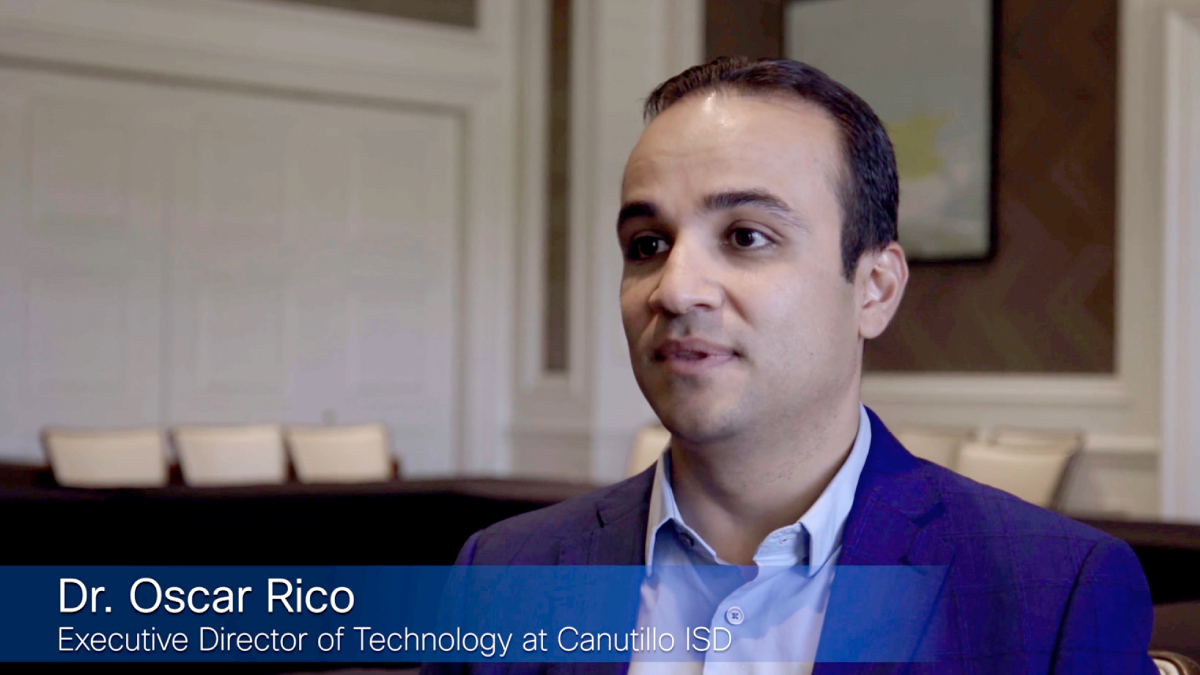AUCKLAND, New Zealand, 31 March 2005 - Cisco Systems® New Zealand is celebrating the parent company's 21st year of business by assessing its achievements since operations began in New Zealand 12 years ago.
Cisco New Zealand country manager, David Barker, said one feature which the New Zealand Cisco® team was particularly proud of was its engagement with the New Zealand education sector.
"While Cisco provides technology-switching, routing, telephony and network security equipment-to leading New Zealand universities, technical institutes and secondary schools, some of our most important work relates to the training of tomorrow's information and communications technology, or ICT, experts, through the Cisco Networking Academy® Program," Mr. Barker said.
The Cisco Networking Academy Program is an internationally recognised vocational training curriculum which teaches secondary school and tertiary students the fundamentals of computer and Internet networking. From this basic coursework, students-school age or adult learners-can gain Cisco Certified Networking Associate (CCNA) ® certifications.
In New Zealand there are 1,980 active students participating through 38 Networking Academies. There have been approximately 5,700 graduates since 1999, all qualified to either continue studies at tertiary institutions or begin careers with ICT and other businesses. Christchurch Polytechnic Institute of Technology was the first education facility in New Zealand to join the program, in December 1998.
CCNA certifications have been achieved by students from Mt Anglem College in Invercargill to Kaitaia College in Northland. A special focus of the program Cisco Networking Academy Program in New Zealand is on the 'low-decile' secondary schools (a school's decile indicates the extent to which the school draws its students from low socio-economic communities, meaning it may receive more funding from government if it is considered a 'low-decile' school.) Tangaroa College in Otara in Auckland is a low-decile school and is also a Cisco Networking Academy. The CCNA course has also been studied via long-distance-learning in Te Kaha in Eastland's East Cape region, under the Cyberwaka* initiative.
Mr. Barker said Cisco is also working with Auckland University of Technology (AUT), other tertiary institutions, secondary schools, other ICT companies and the New Zealand government on a new initiative, "Fluency in IT", or FIT. Its aim is to align the education sector, ICT industry and government, initially to establish a framework for an ICT work program in schools for senior students.






